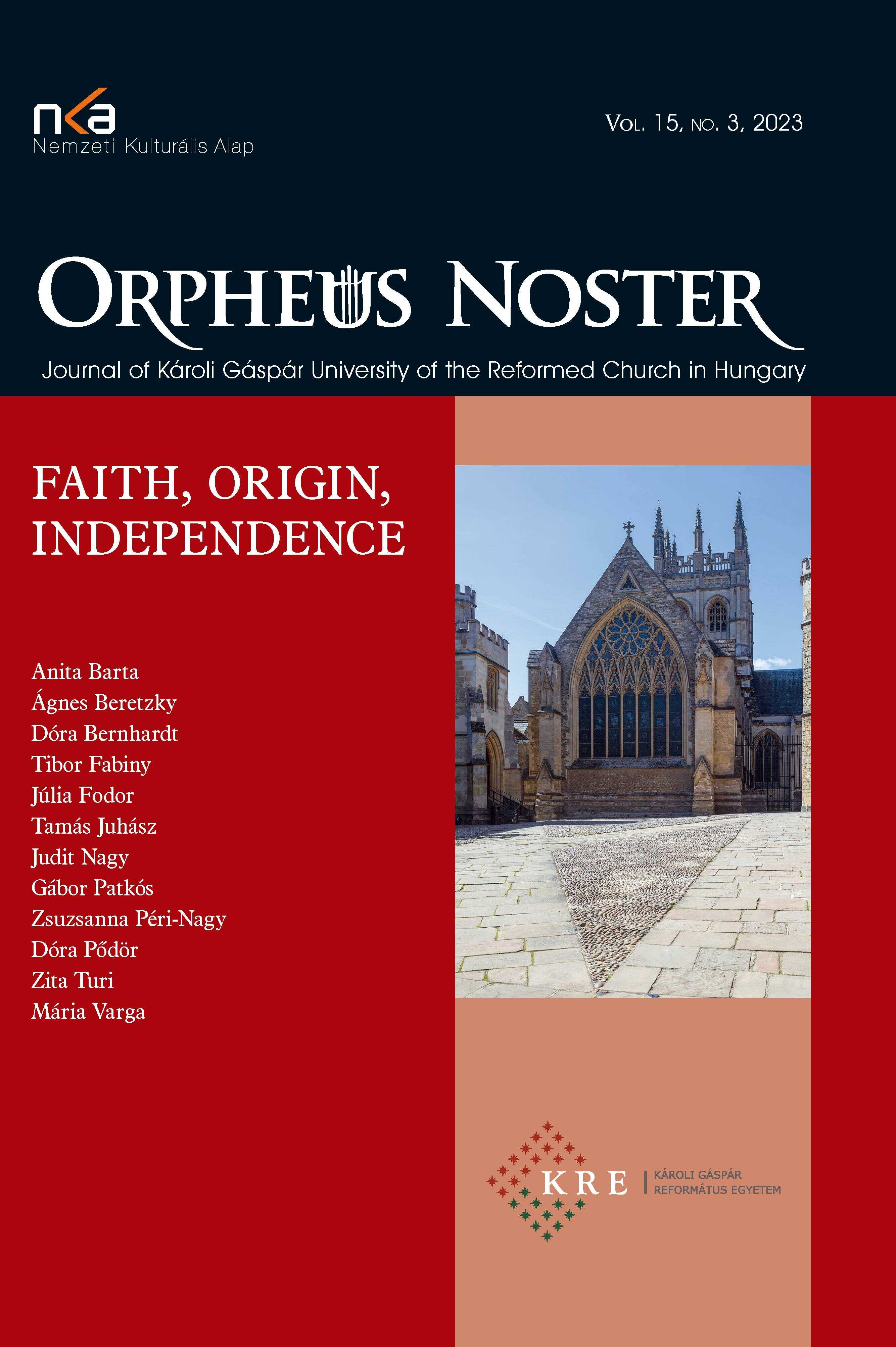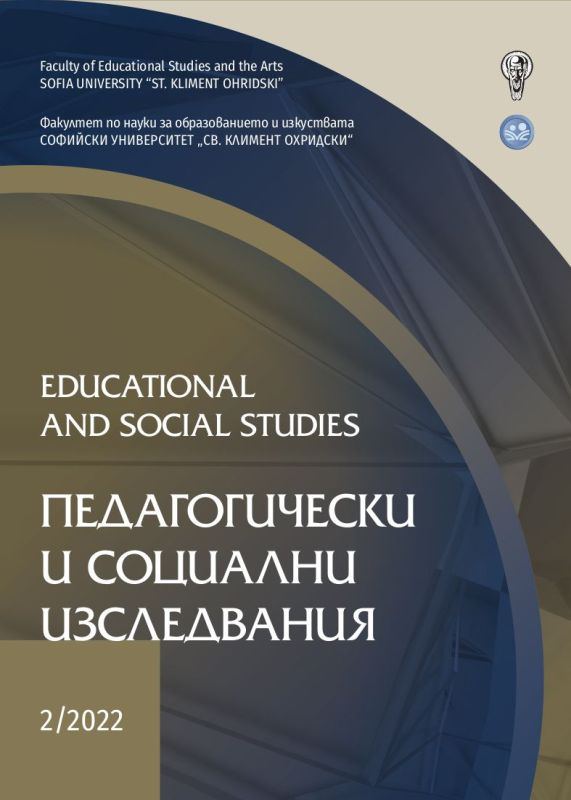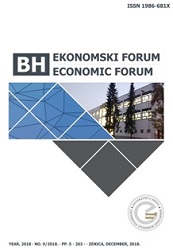TEACHING TECHNIQUES AND METHODS TO DEVELOP CRITICAL THINKING IN ELEMENTARY SCHOOL
TEACHING TECHNIQUES AND METHODS TO DEVELOP CRITICAL THINKING IN ELEMENTARY SCHOOL
Keywords: critical thinking; teaching; interactive methods; abilities; problem-solving;
The term "critical thinking" is often used to describe skills compatible with teaching-learning, but also applicable at work, in the family, and the circle of friends. Both attitudes and capacities are needed to carry out the critical thinking training process. Skills are those required in interacting with people and processing information correctly to achieve credibility of data and maintain clarity in communication. Critical thinking takes place in the context of solving problems and interacting with the people around them, so critical thinkers must adapt to both contexts. This type of thinking must be formed and developed from childhood. For this purpose, the teaching staff plays an important role, because it directs the development of students' thinking. Through the instructional-educational process, the teaching staff offers students the chance to develop this thinking. The learning methods and techniques applied by the teacher will direct the development process. We analyzed different methods and techniques through which critical thinking is developed, we described how to integrate and deploy them in the educational process.
More...


